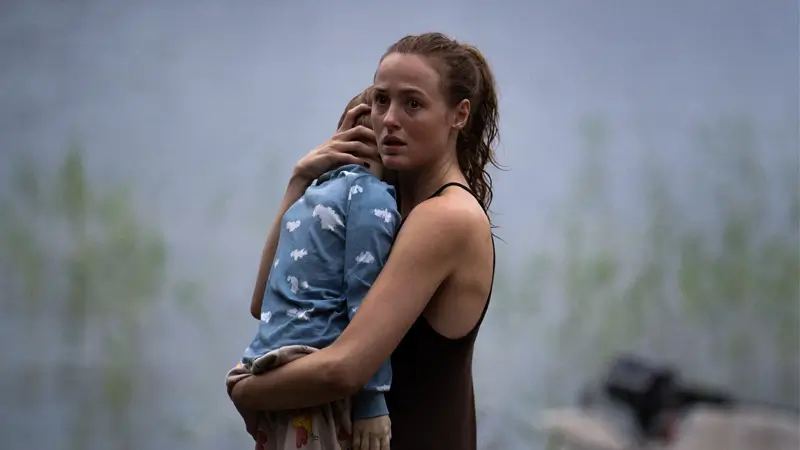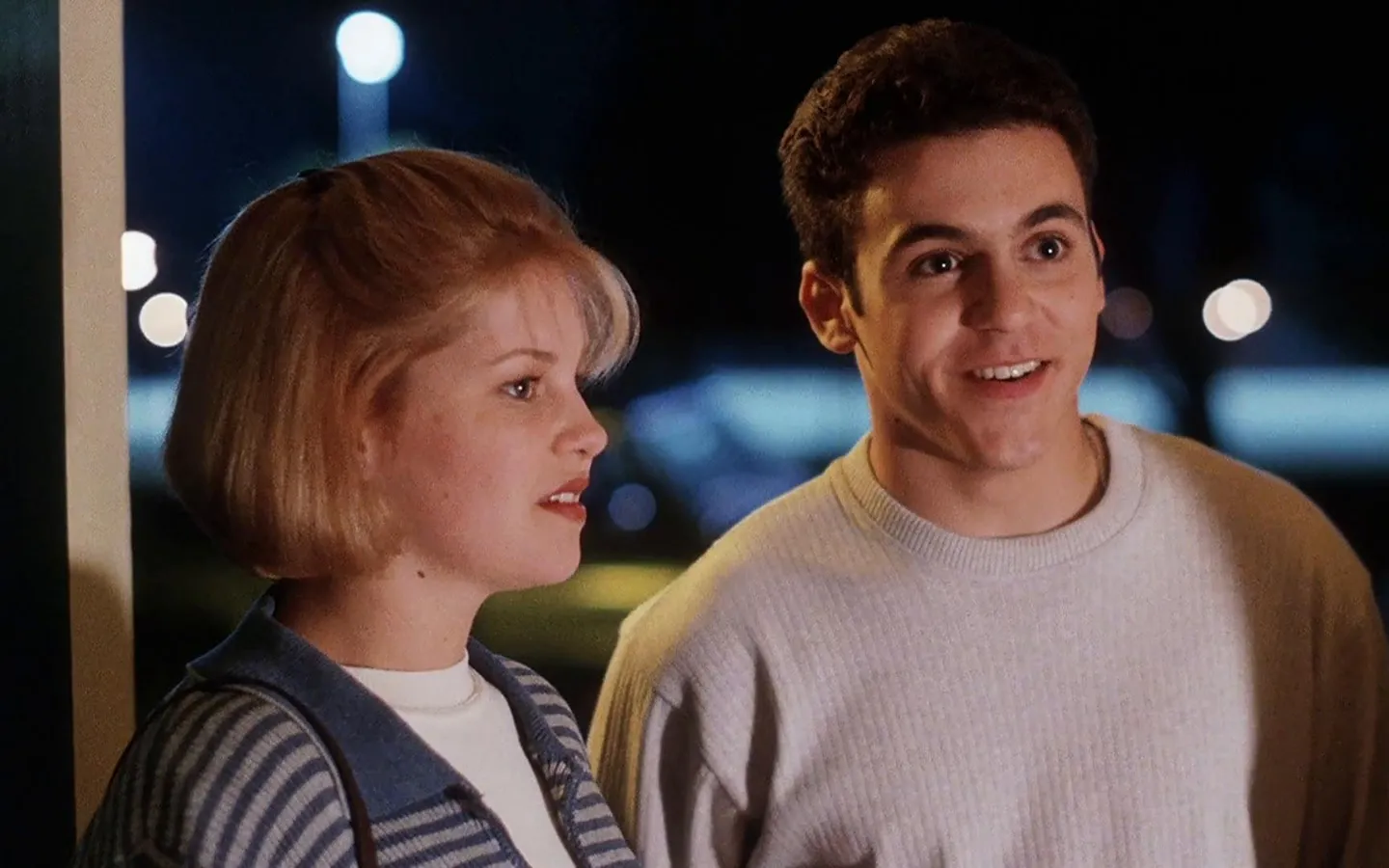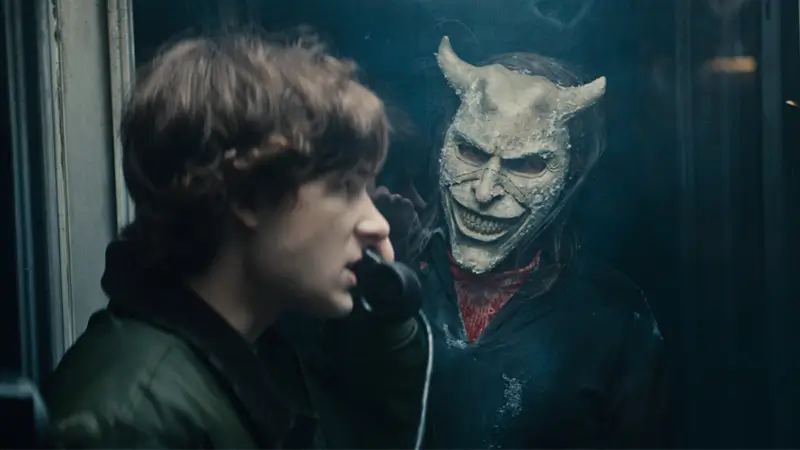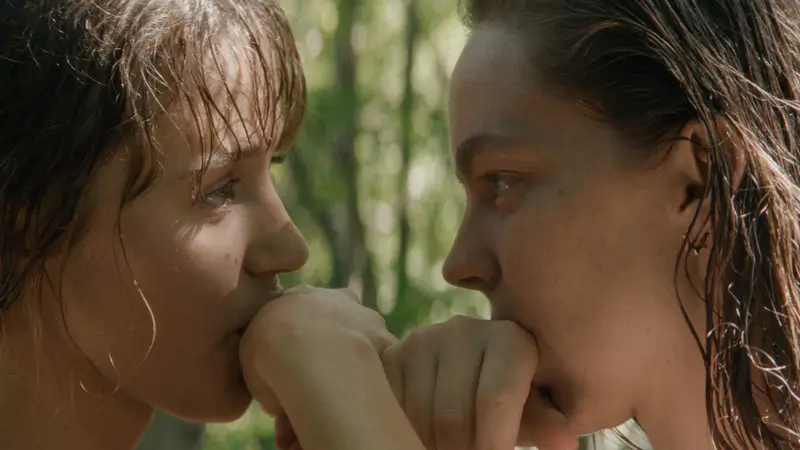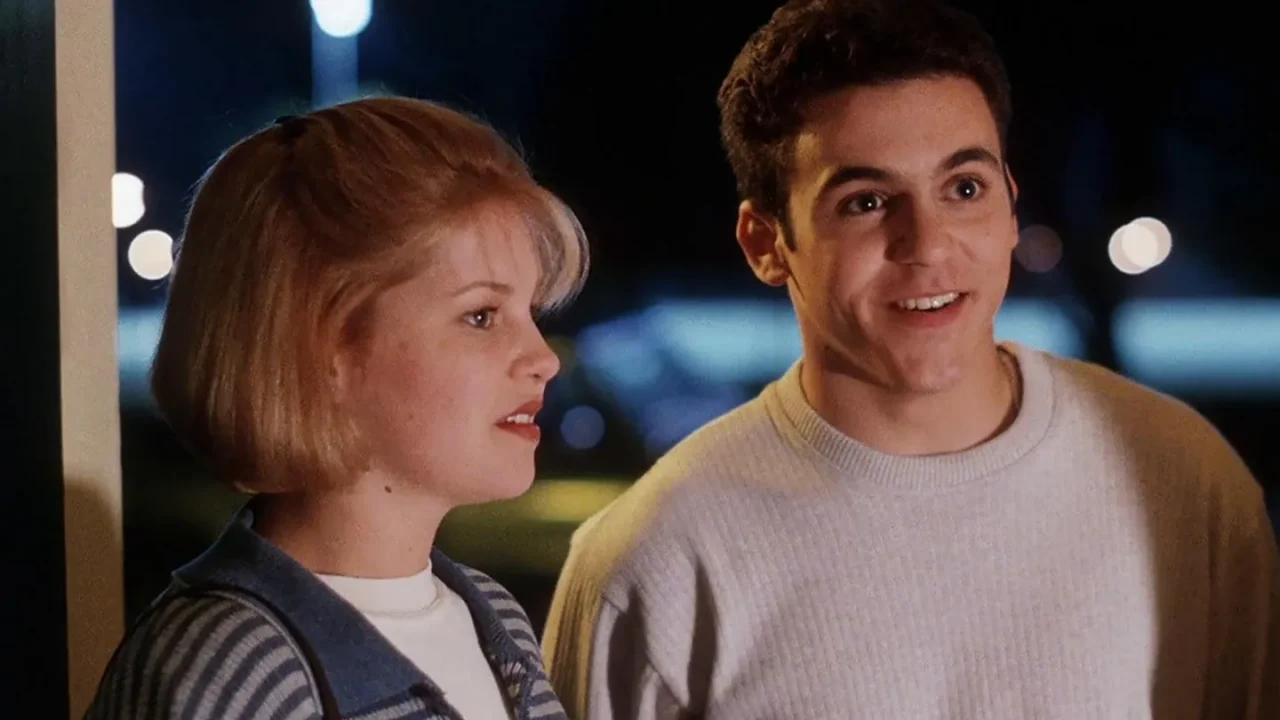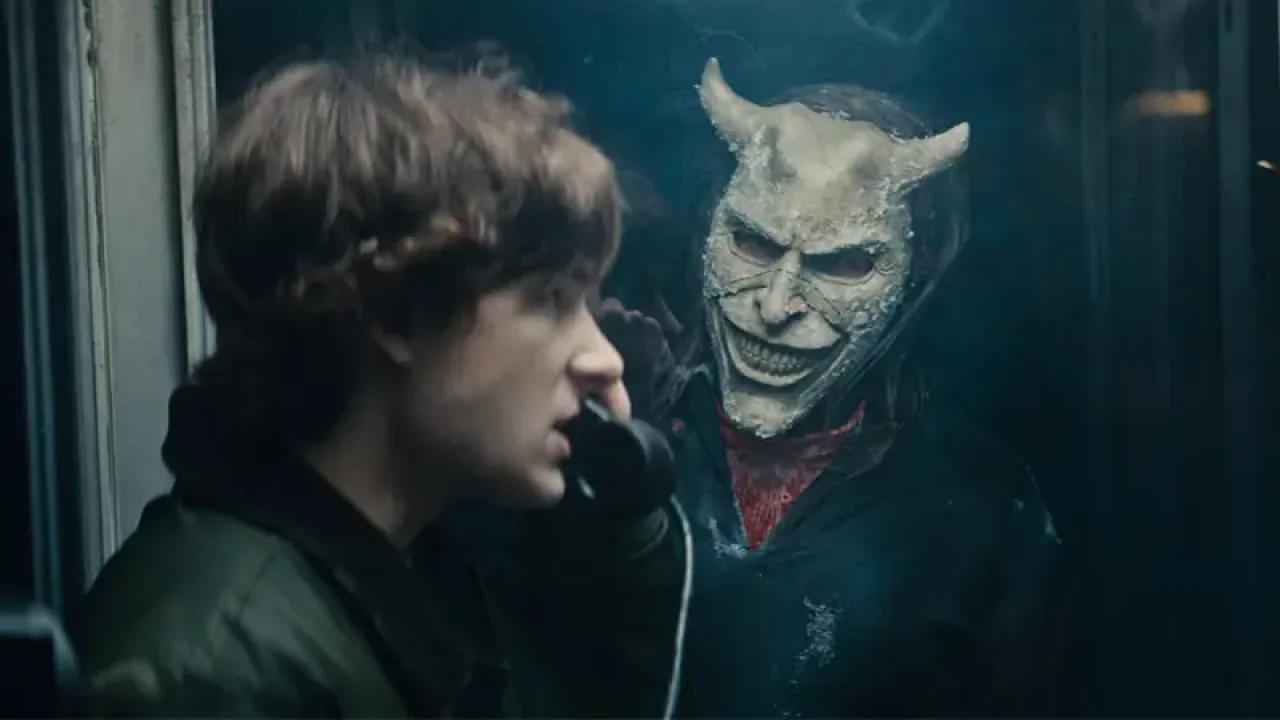Here is a film best approached knowing as little as possible – ideally nothing at all. If anything, you could enter the theater knowing that The Life of Chuck (The Life of Chuck, USA, 2024) adapts Stephen King’s eponym novella from the collection If It Bleeds (USA, 2020). For those who haven’t read it, you might even want to avoid trailers that reveal any plot details.
We say this because, from its literary version, this is a story structured in specific acts designed to propose an enormous mystery, with answers only revealed gradually. We’ll try to go into as little detail as possible, but mild spoilers follow.
What’s it about?
A high school teacher, Marty (Chiwetel Ejiofor) deals with students and parents during what appears to be the end of the world: the planet crumbling through earthquakes and other climate catastrophes. Marty reconnects with his ex-wife Felicia (Karen Gillan), a nurse. Simultaneously, worldwide, spectacular billboards and radio/TV ads begin appearing with the words “Charles Krantz: 39 Great Years! Thanks, Chuck!” No one knows who he is.
Meanwhile, the man himself, Chuck (Tom Hiddleston) lies dying in bed. Through three acts, told in reverse chronological order, we’ll learn Chuck’s life story.
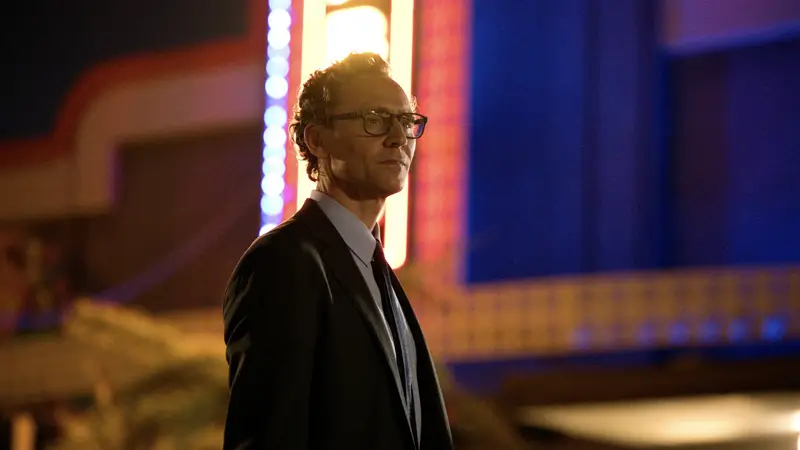
The Life of Chuck captures cosmic horror’s beauty
The film is directed by Mike Flanagan, his third King adaptation after Gerald’s Game (USA, 2017) and Doctor Sleep (USA, 2019). Both titles might suggest we’re getting a horror movie here. And in a way, we are – just not in the conventional sense.
Without getting too detailed, let’s say The Life of Chuck is cosmic horror, though not entirely in the Lovecraftian sense of the term. There’s less dread about the universe’s mysteries, and more about fate’s inevitability and human insignificance in a cosmos coldly indifferent to our brief existence.
Flanagan masterfully expresses this in the third act (presented first narratively), where we witness contemporary anxieties like climate change and famine consuming the world. But there’s also tragedy, humor, and hope. Some mourn the cruelty of internet pornography disappearing amid everything. Long marriages are abandoned for high school sweethearts. Other relationships, like Marty and Felicia’s, rekindle.
As a horror veteran, Flanagan balances these tones beautifully. There’s genuine terror about human smallness and mortality, conveyed through the gradual expression of everything’s imminent end: the darkness and silence hit hard despite being expected. Especially in the film’s third act (again, presented first), the outlook feels bleak despite scattered glimmers of love.
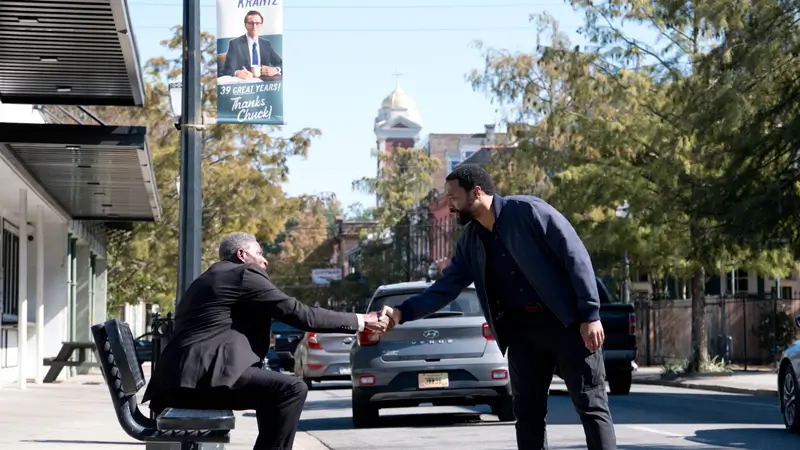
But The Life of Chuck‘s structure is vital to understanding Flanagan and King’s message about experience. Chuck’s story (played at different stages by Tom Hiddleston, Jacob Tremblay, Benjamin Pajak and Cody Flanagan), as presented, is a reverse-chronological journey of a life gradually extinguished, emphasizing the loss of its joie de vivre.
Here, the film occasionally veers into sentimentality, exacerbated by Nick Offerman’s narration. Not that it’s bad (Offerman’s always a pleasure to hear), but while initially used to provide subtle context, the narration eventually overexplains what’s already clear.
Overall though, these stumbles don’t undermine a film that successfully walks a tricky line between cosmic horror and life-affirming hope – capable of inducing existential anxiety and curing it in equal measure. A story that understands life’s greatest horror isn’t that it ends, but that you might miss living it.



